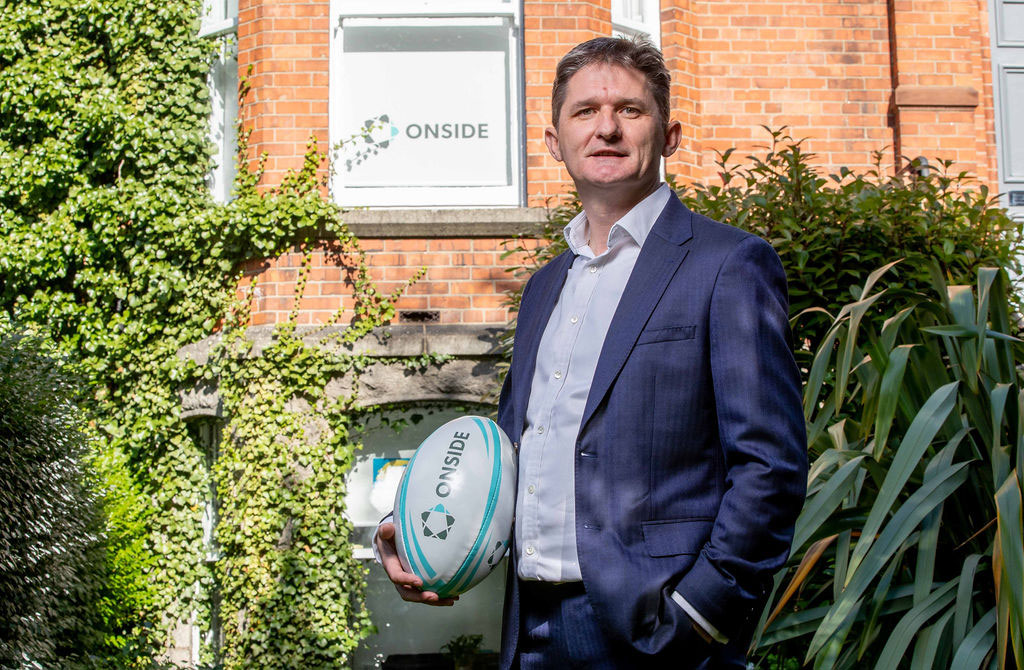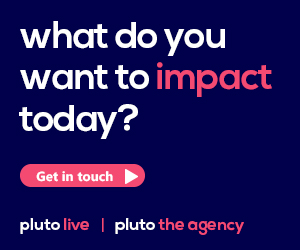
With a busy year ahead for sport, the Irish sponsorship industry is likely to grow by around 7% to €227min 2024, according to the latest Onside Irish Sponsorship Industry Survey.
This will surpass the pre-covid high of €224m which was achieved in 2019, according to Onside which notes that the market grew by around 8% last year to hit €212m.
“Sponsorship held up well in 2023 in the face of a challenging economic environment, driven in particular by prominent brands investing in premium properties such as rugby and music,” says John Trainor, CEO of Onside.
“This positive trajectory will continue through 2024 but there will be losers as well as winners in the market as a series of major events, facility upgrades and societal trends bring new sponsorship opportunities into play.”
According to Trainor, demand for premium sponsorship properties will continue to outstrip supply with 6 in 10 sponsors taking spart in the annual survey considering new assets in 2024, the same as in 2023. The survey also notes that one third of sponsors are seeking to drop out of current sponsorship arrangements, down from 47% in 2023, “the lowest predicted churn rate for a decade”, the survey notes.
While cause-related sponsorships took centre stage over the last three years, surpassing sport and entertainment, the Onside forecast is a bit more nuanced in 2024 with festivals and rugby “neck-and-neck with sustainability and narrowly ahead of GAA, community, diversity & inclusion and the Olympics.”
“In 2024, the Olympic and Paralympic Games will be the highlight of the sponsorship calendar with 86% of industry experts expecting the Olympic Games to impact on the sponsorship landscape in 2024, significantly higher than predictions for the 2023 Rugby World Cup which proved to be the pinnacle event of 2023,” Onside notes.
“ The impact of the Rugby World Cup helped the IRFU retain its status as the most effective rights holder and three of its sponsors – Vodafone, Aldi and Guinness – were picked out amongst the best sponsorships of the year,” according to Onside.
Outside of sport, Live Nation was second on the list of rights holders, ahead of the Football Association of Ireland and GAA. Three’s portfolio of music sponsorships also featured on the list of top sponsorships alongside Allianz’s partnership with Women’s Aid and PTSB’s broadcast deal with The Late Late Show.
According to the Onside survey, the most marketable personalities are retired Ireland rugby captain Johnny Sexton and emerging sprint sensation Rhasidat Adeleke with Katie Taylor dropping from first in 2023 to third place.
“Ireland didn’t win the men’s Rugby World Cup in 2023 but the event strengthened the marketing appeal of the team and its highest profile players. We know from almost two decades of research tracking the likes of Brian O’Driscoll and Paul O’Connell that the value of top talent as ambassadors can endure into retirement,” says Trainor.
“Several brands have already done deals with athletes who will be representing Ireland at the Olympic and Paralympic Games and the likes of Rhasidat Adeleke and Rhys McClenaghan will be household names in the summer. In many ways, 2024 will be the foundation year of a five-year cycle in which global factors will impact positively on the local sponsorship landscape here in Ireland.”
According to Trainor, events such as the Ryder Cup in 2027 and the men’s Euros in 2028 will accelerate the size and quality of the industry in Ireland.
“They also have the potential to contribute to up to €35m of sponsorship leakage over this timeframe,” he adds.
The Onside survey also notes that the most popular activation channels for sponsorship in 2024 will be social media and video sharing platforms such as TikTok with more than 7 in 10 sponsors expecting to use these channels more than in 2023.
While the integration of AI is called out as a global trend in sponsorship in the Onside survey, only a small portion of the industry in Ireland is currently using the technology across its sponsorship activities.
“The most common use-case is to analyse sponsorship-related data, currently deployed by 3 in 10 of industry practitioners.”






















